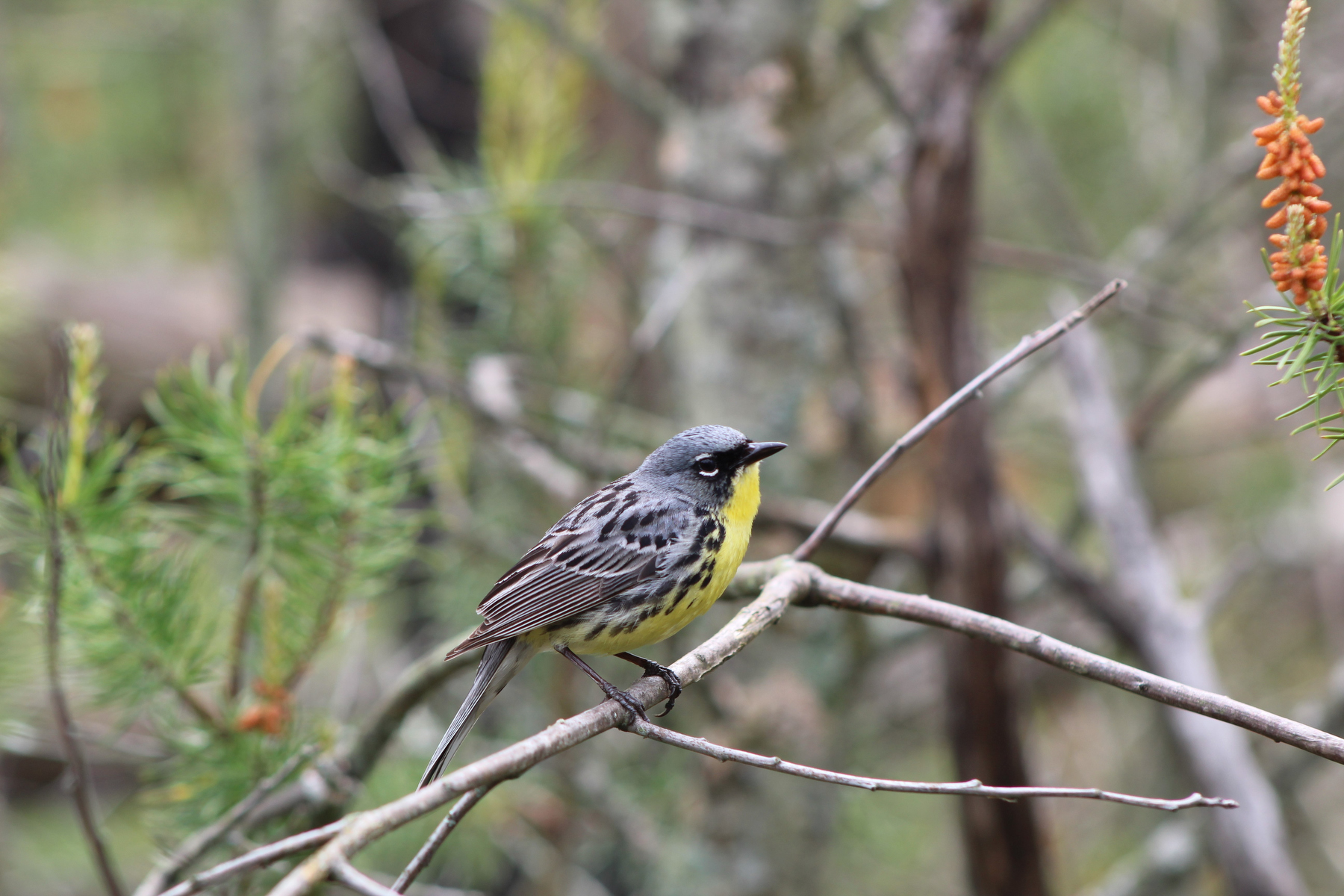Collaborative Recovery and Conservation of Threatened and Endangered Species. Are we still being successful?
EVENT DATE | January 21st, 20245 @ 12pm ET
LENGTH | 1.5 hours
REGISTRATION LINK | Register here
IN PARTNERSHIP WITH | US Fish and Wildlife Service and the Northern Institute for Applied Climate Science
LOCATION | Virtual
Managing Forests as Habitat in a Changing World: A Panel Discussion Webinar Series
These interactive panel discussions connect land managers, researchers, and practitioners spanning diverse geographies and ownerships to explore managing and stewarding forest habitat amid social and ecological changes.
Climatic shifts are impacting forest habitats all across the U.S., challenging how we fulfill our mission of conserving, protecting, and enhancing wildlife habitat. Warming winters, extreme precipitation events, drought and catastrophic wildfire, and other elements affect pollinators, game species, bats, fish, birds, and the people that steward their habitats. Ecosystem management and community-building are part of the solution to addressing these challenges.
This series provides examples of ecological silviculture and restoration techniques that enhance habitat along with the planning, policy, guidance, and partnerships needed to get these actions implemented. Panels will represent a diversity of biologists, foresters, and scientists to help participants discover management tools, respond to climate change, and build on collaborative conservation success (and failure!) stories.
The topic series explores the impacts of a changing world on forest ecosystems and adaptation options for natural resource management. Panelists will discuss projects, barriers and solutions, lessons learned, and next steps.
Webinars will occur on the third Tuesday of the month from 12:00-1:30pm Eastern time. 1.5 continuing education units (CEUs) are available from The Wildlife Society and the Society of American Foresters for each webinar attended.
-
Managing Forests as Habitat in a Changing World: A Panel Discussion Webinar Series

Interactive panel discussions that explore shifting impacts on forest habitats and adaptation options for natural resources management. Recorded webinars from the series are available.
Credits
This webinar series is sponsored by the U.S. Fish and Wildlife Service (FWS) - Forest Ecology Working Group (FEWG), and the National Conservation Training Center (NCTC) together with the USDA Northern Forests Climate Hub and the Northern Institute of Applied Climate Science (NIACS), a collaborative, multi-institutional partnership led by the Forest Service.

